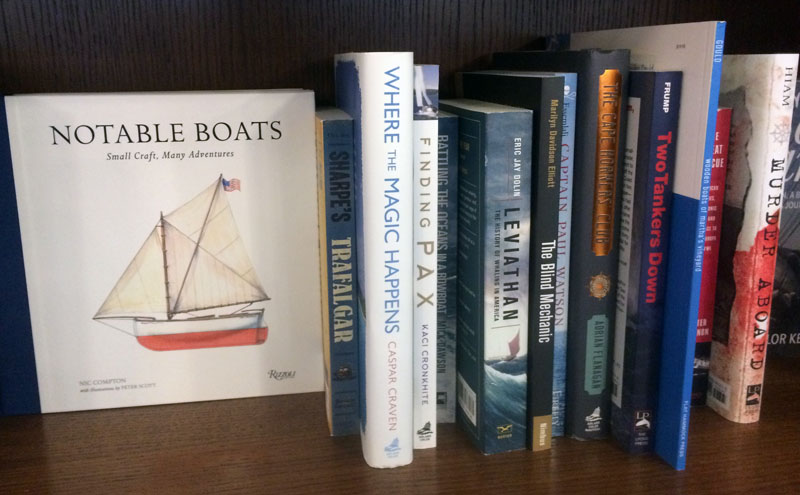I’ve been thinking a lot about how to define the novels I enjoy most, for two quite unrelated reasons:
- Trying to find “Goldilocks” comparative titles (not too famous, not too obscure, with a happy-not-sappy ending) for Ferry to Cooperation Island that will help lead the right readers to my next book when it becomes available (June 2020, thanks for asking).
- The West Ferry Book Group is starting its second season, which leads to monthly discussions about what to read next. Though we end up focused on specific titles, over the past year I’ve homed in on the “type” of book I (and others) tend to recommend.

Genres defined
The industry calls this “genre,” though the term really only works for (hah) “genre fiction” (mystery, romance, sci-fi, westerns). Those books have an extremely specific list of expectations and requirements (murder, getting the guy/girl, inventing worlds, riding off into the sunset), so they are easy to categorize.
Everything else is much harder to define, because novels encompass such a wonderfully infinite swath of possibilities in terms of style, world-building, language, and page-turnability: from The Great Gatsby to Room to The Time Traveler’s Wife. Vague terms like “general,” “literary,” “mainstream,” or even “women’s fiction” don’t answer the most important reader’s question of all: “Will I like this?” That’s why the industry has come to rely so heavily on those Goldilocks “comp” titles; it’s easier for us to figure out whether we’ll enjoy a specific book if it is compared to another book that we did enjoy.
“General fiction” usually means that a book combines genres; e.g., a laugh-out-loud mystery, or a romance that includes a car chase. “Literary fiction” prioritizes language over page-turning; at the opposite end of the spectrum is “mainstream fiction” (which, like all of these terms, has developed its own sub-genres). Last but certainly not least, “women’s fiction” creates expectations of a female main character and a “quieter” story (compared to shoot-em-ups and who-dunnits), but it also carries the weight of gender politics; a novel written by a male author will likely be categorized as “literary,” even if the protagonist is a woman.
My favorite type of book
No matter where they’re shelved in the bookstore, my favorite reads will always combine excellence in language with an easy-to-follow (though not completely predictable) plot that ties things together by the end. Action alone isn’t enough to keep me turning the page if the language is sloppy, but flowery words and surprisingly fresh sentence structure won’t keep me reading unless something is happening. Over the past few years, I’ve figured out that this type of book is called “upmarket fiction” (halfway along the spectrum from literary to mainstream), but since few outside the industry know what that means, it’s not a very helpful term. More useful is my own personal list of recommendations: the books I review.
Once an author proves adept at word choice, sentence structure, and story-telling, details like geography, time frame, and characters don’t matter very much. Though I definitely enjoy what I’ve started to call “coastal fiction,” I also love being word-dropped into an entirely new landscape—or into a fresh persona—as long as I’m quickly and confidently able to “see” and “feel” what’s around me. The biggest pleasure of well-written books is experiencing so many different lives and worlds without actually traveling anywhere.
Are you, like me, a lover of #coastalfiction (though you may not have known that was a “thing” until just now)? Let me know in the comments below, or send me an email. I really appreciate every single remark and will do my best to answer any questions you have. Thanks for reading!